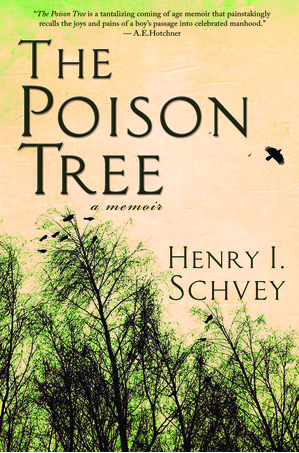Share the post "The Maturation of a Writer"
by Gargi Mehra
In the winter of 2002, I set aside my handwritten practice notes and began sending out my writing with an eye on publication. In those initial days the rush of words gave me a heady feeling. I couldn’t get my ideas down fast enough. I remember those writing sessions fondly, and reminisce often about far I have come since then.
There lies an abysmal chasm between me as a writer then and what I am today. I am not talking about cringing when I see my earlier work because I didn’t know adverbs were taboo – that is a different piece of advice altogether, and not always correct. I’m perfectly happy with my earlier writings as I’m sure are the editors who published them.
What I am harping on about is the writerly attitude that one needs to cultivate to move to the next level of maturity as a writer. I learned these the hard way, but I’ve also learned that the faster the novice adopts these principles, the sooner will be their rise to regular publication in literary journals.
The Novice writer:
Does not read sample issues
Upon finding a new literary magazine, the novice navigates instantly to the submission guidelines, without surveying the contents. Does the journal publish the kind of stories she likes to write? She may not bother to check if her style or subject fits into the magazine aesthetic at all, and the subsequent but inevitable rejection would crush her. She sends stories to magazines without reading issues, assuming that there is nothing she can learn from their contents.
Does not revise before submitting
The newbie is always anxious to send work out, no matter that she hasn’t written as much, or practiced as much or accumulated a sufficient body of work. She feels it is more important to submit rather than write.
I was never one to suffer submission anxiety, and merrily dispatched my stories without thinking too much about it.
Grudges fellow writers their success
I would groan at the sight of another writer getting published, because how could another writer claim a spot that was rightfully mine? I was the most brilliant writer alive so any other writer who’d got published had clearly pulled the rug from under my feet.
Amasses Listings
I used to jump on lit mag listings, eager to dispatch literary hordes in one fell swoop. I would amass lit mag links and guidelines as if I was stocking up for an imminent lit mag famine. My hard drives held almost the entire database of Duotrope or NewPages.com, and better still, I rarely ever returned to those files.
Does not Practice writing every day
I used to worry about getting my writing quota done, because I knew that my well of creativity was limited. Where would my daily five hundred words spring from? I hardly possessed either the talent or the experience or the imagination necessary to fill a page with words.
The Mature Writer:
Reads sample content and even pays for it if needed
The seasoned writer checks the issues and samples posted online, if they’re available. Even excerpts are enough to tell if a journal is obviously not a match for her writing. She may still get rejections, but they’re more often interspersed with letters of encouragement and better still, some acceptances as well.
I am incapable of sending work to a publication that I haven’t read at all. I still rustle up cover letters sometimes, but when the time comes to take a plunge, I hover endlessly on the ‘send’ button and then retreat, knowing full well that I’ve saved both the editor’s time and mine.
Revises stories and gets them critiqued
I am anxious to perfect the stories that I have written, rather than sending them off into the ether with nary a second glance. It doesn’t mean I revise with no end in sight. But I surely let the stories rest for a month or more before I return to attacking them with the proverbial red pen.
Applauds the success of fellow writers
Now I gleefully jump to the link to a) congratulate the writer and b) check the venue to see if I could place work there. I never realized before what an advantage it is to see your peers published, because quite often my writing matched theirs in style and quality to some extent. So if a critique partner gets published in a magazine, it’s possible I could get in too. This attitude has held me in great stead, and prevents me from tipping over into jealousy.
Searches for an appropriate venue only after writing the piece
I ignore listings. After revising my story as best I can, I look up markets suited for the work. I only bookmark a listing now if I find a journal that publishes exactly the kind of story I’m looking to place.
Writes regularly
After regular practice, I have developed a certain confidence that I can get my daily quota of words done any time without any problems. A batch of writing prompts is kept ready for me to dip into at random whenever my mind’s idea generator is at a loss.
It was interesting to observe for me that I needed to grow not just in terms of writing skills, but other qualities as well, to develop the temperament needed to become a good writer. These lessons, which I wish I’d learned earlier, improved my writing life tremendously, and I hope they do the same for you too.

